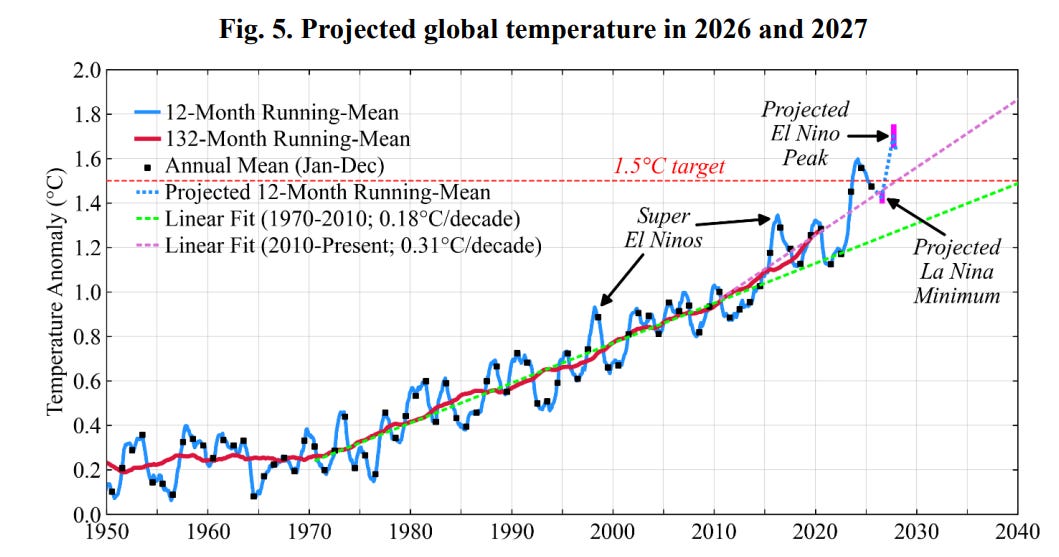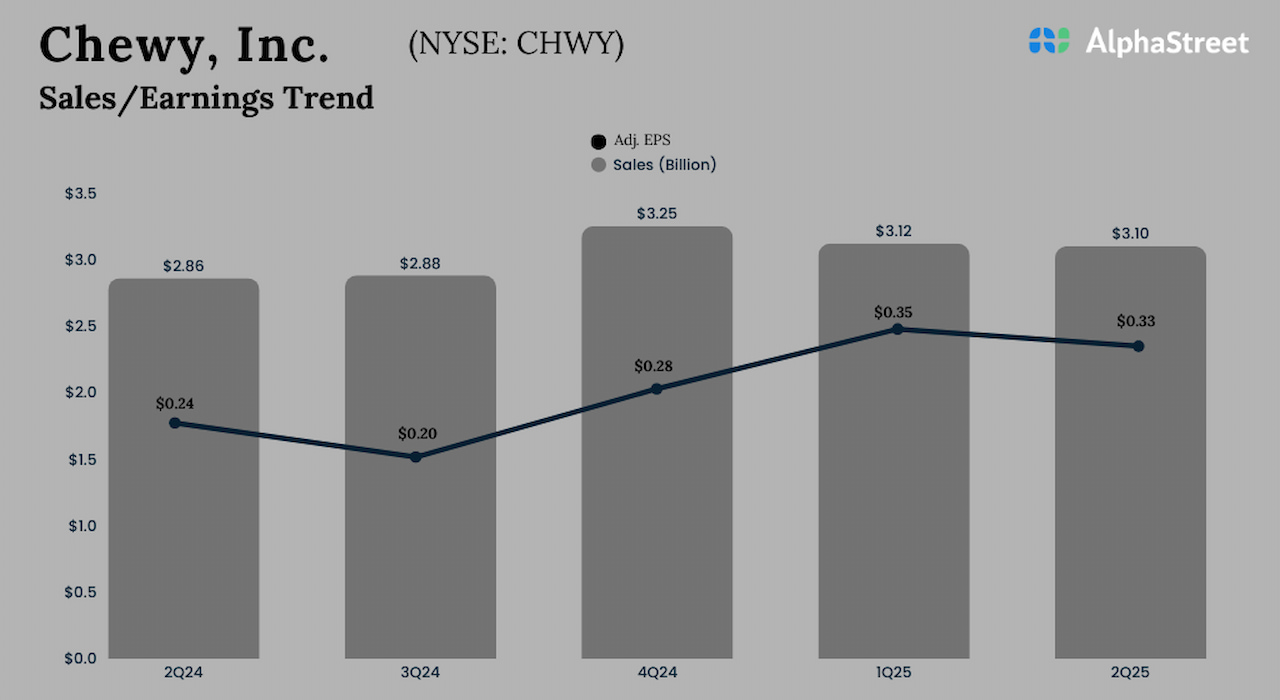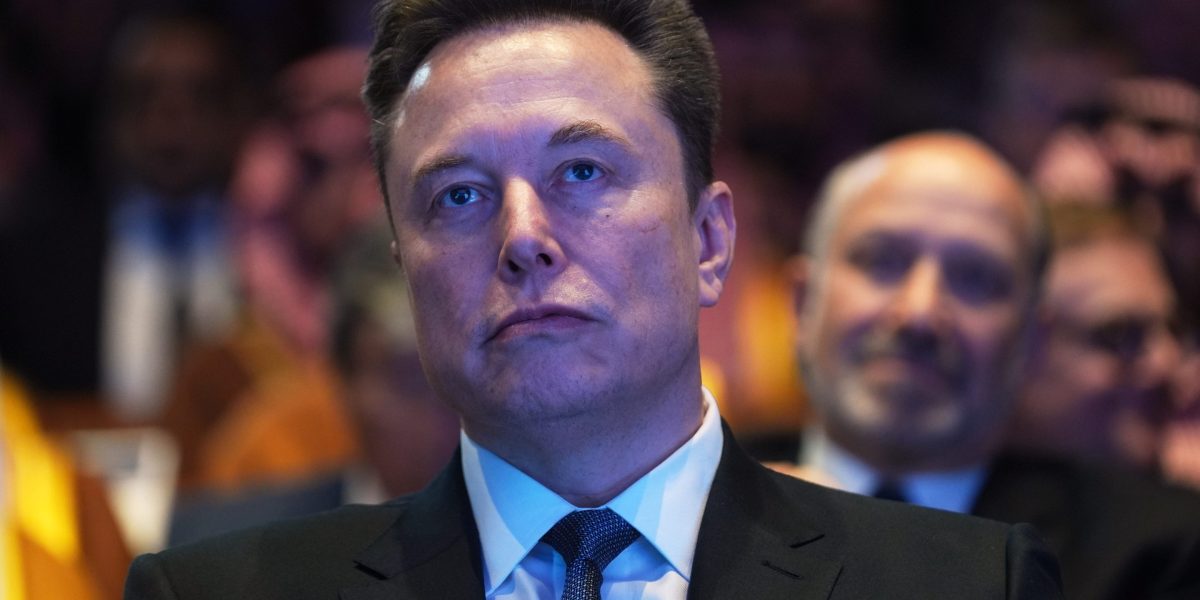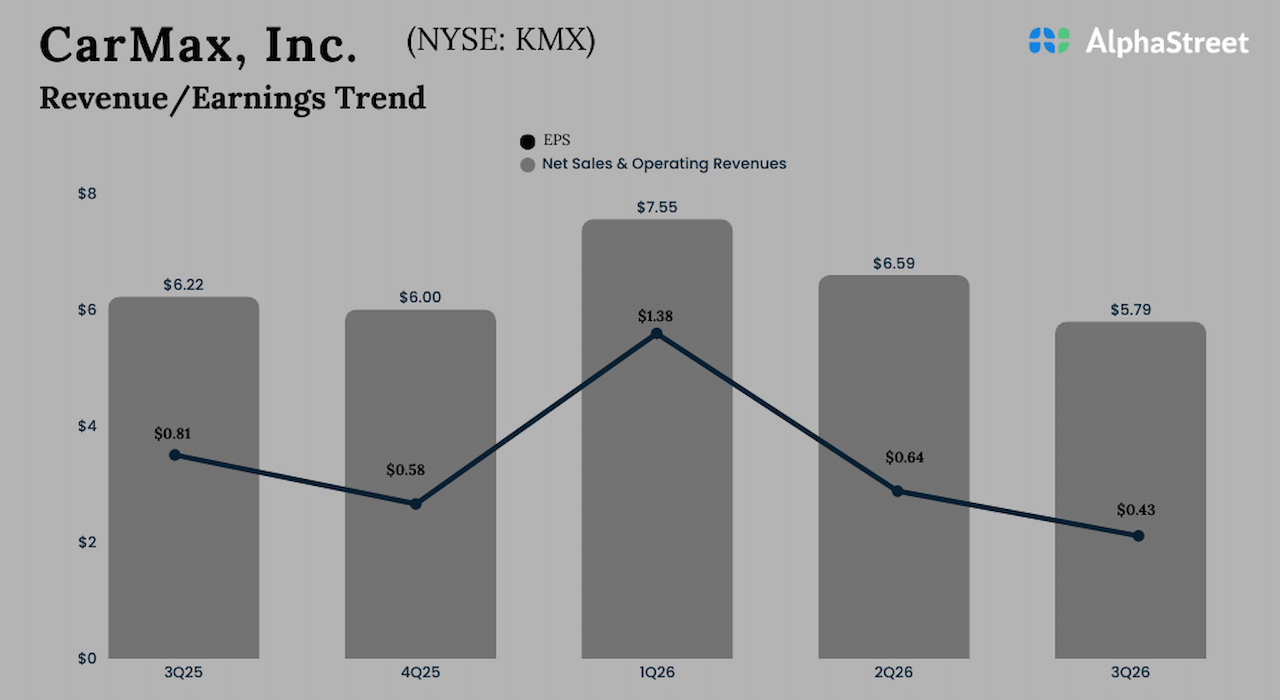Despite facing little explicit costs, Kiki’s delivery service is a costly endeavor. Fortunately, for viewers, it’s a charming lesson on the nature of costs and an introduction to James Buchanan’s work on cost and choice.
Kiki’s Delivery Service, Studio Ghibli’s 1989 masterpiece, captures genuine moments of a young witch trying to make it on her own. Moreover, it highlights the fundamental nature of cost and choice. The logic of cost is deceptively unintuitive and often difficult for students and laymen alike, mainly because common usage defines it as losing money. Typical notions of cost also often refer to inherent qualities of objects, e.g., a loaf of bread costs $5, and as an inevitable, negative outcome. The economic way of thinking clarifies a deeper meaning of cost, and Kiki shows this in one standout scene.
As Kiki settles in her new town—with the help of a nice baker, her cat familiar, a few friends, and a good dog—she begins a delivery service. Kiki can fly on a broom so she realizes she can quickly transport goods. The scene (about minute 47) begins with the visuals and sounds of people walking, shopping, and eating around town, amidst the honking and noise of city life. In contrast, Kiki is having a “boring” day in the bakery where her view through the window affords a few glances of passersby.
As the day develops and as Kiki hopes for customers for her delivery service—so she can eat something other than pancakes—she is bombarded with choices. A customer calls the bakery for a 4:30 delivery, her would-be friend comes into the shop to buy a cookie and asks her to a party (at the Aviation Club, a “serious club for kids who are into flying and aircraft and stuff”), and another customer enters the shop with an “urgent” request to deliver a heavy package. Kiki accepts all these requests, and the scene builds. She frantically runs to the owner of the bakery for guidance about what to wear and her ensuing dilemma; the sound of quickened footsteps and her running into the wall sell the tension. Kiki worries about what she should wear to the party, and she realizes she doesn’t have enough time to fulfill all these objectives. It is already 4:00, she has the urgent delivery, the 4:30 delivery, and the party at 6:00. Kiki sets out to make her deliveries. She ends up helping one of her customers bake a pie, loses track of time, and misses the party.
Kiki doesn’t explicitly recognize the costs she faces because the movie has other concerns and she doesn’t face explicit, monetary costs. She does, however, face implicit or opportunity costs. She implicitly considers the costs of her actions, which explains her behavior and the sub plot. In this way, the scene nicely encapsulates the logic of cost, starting with scarcity. In economics, scarcity is a state of the world where there are more wants and desires than there are resources to fulfill those wants and desires.
Kiki realizes that her time has become relatively scarce; she has more wants and uses of her time than there is time available. She must choose how to use her time, e.g., figuring out what to wear, making urgent deliveries or the scheduled one, and going to the party or making her deliveries. Even though she is a witch, she cannot be in two places at once, and her broom only goes so fast. Scarcity entails choice, which entails sacrifice. That’s where cost comes in. If Kiki chooses to go to the dance, she cannot also make her deliveries and vice versa. When she chooses to make a delivery, her opportunity cost is the forgone value of another delivery and, perhaps, going to a party. If she had more time, say if the dance was another night, there might be less of a conflict and she would face a lower cost. Each of her choices would be less dear to her. If she had more time to spare, that is, she could make her deliveries and go to the dance and go visit the nearby dirigible.
The charming aspect of this scene, like the rest of the movie, is that you can see the internal drama, the emotions, and the choices Kiki faces. And as for costs, this scene demonstrates how economists think about costs; they are internal, subjective evaluations about the choices we face. Kiki never faces an explicit cost, they are only borne in her mind. For example, she doesn’t pay fuel costs or air mileage to fly her broom and make deliveries. She still bears costs; they are opportunity costs. Moreover, these costs change with changing circumstances. Prompted by a customer in an earlier scene, Kiki states that she has never thought about the cost of a delivery, that is the price she might charge to customers. This is likely, following the logic of opportunity cost, because her lack of customers indicates a relatively low opportunity cost. During her “boring” day in the bakery, additionally, Kiki’s opportunity cost of making a delivery was fairly low as she had so few obligations. When she was asked to the party and when other requests came in, her opportunity cost became higher.
These lessons about cost are universal, like the universal charm in the movie. We all face choices in an uncertain world. We all face opportunity costs. These lessons are also core aspects of economic science, as costs influence human behavior. An end of the chapter question in The Economic Way of Thinking highlights the lesson and how easily we might err. Francis Wayland once wrote:
…the qualities and relations of natural agents are the gift of God, and being his gift, they cost us nothing. Thus, in order to avail ourselves of the momentum produced by a water-fall, we have only to construct the water-wheel and its necessary appendages, and place them in a proper position. We then have the use of the falling water, without further expense. As, therefore, our only outlay is the cost of the instrument by which the natural agent is rendered available, this is the only expenditure which demands the attention of the political economist.
Waylon’s error is that he didn’t recognize water and “water wheels” might have alternative uses, which entails opportunity costs.
These are also the lessons James Buchanan clarifies in his landmark book Cost and Choice (here is my summary of the book). His work develops the history of thought behind cost, recognizes the necessity of linking cost with choice, and advances a distinction between forward looking or choice-influencing costs and past looking or choice-influenced costs. To Buchanan, (opportunity) costs are only borne by individuals facing choices, like Kiki choosing between delivery requests and going to the party. Cost is subjective, as Kiki discovers during her considerations of going to the party, making her deliveries, and helping customers. She isn’t too fond of the boy who asked her to the party, but she still accepts. Similarly, these considerations are about anticipations given current information. When Kiki decides to make the deliveries, she anticipates a travel plan, a reward, lost opportunities, and so on. Cost, i.e., the value of a foregone opportunity, isn’t felt because of the choice itself, but rather from an individual’s deliberation within the mind. This also implies that opportunity cost cannot be directly observed and that they are dated (at the latest) at the moment of choice. We see Kiki flying off to make deliveries, but we cannot see the opportunity costs she bore when she chose to make the deliveries, or when she chose to sacrifice other opportunities. How Kiki behaves—like anyone else—depends on her subjective evaluations of expected benefits and expected opportunity costs. She could have gone to the party, for example, but she placed a higher value on developing her business and helping customers. She was willing to bear the opportunity cost of missing the party.
This isn’t to say choices do not entail lost opportunities in an objective sense, e.g., imagine a fee for flying. Buchanan notes that other people can determine the value of potential alternatives—but the individual still determines subjective evaluations and ultimately chooses. In Chapter 3 of Cost and Choice, Buchanan states that, “At the moment of choice itself, cost is the chooser’s evaluation of the anticipated enjoyments that he must give up once commitment is made; it is also that which he can avoid by choosing another alternative.”
We might also experience regret about the decisions we make, which can be a kind of cost. Kiki, for example, might regret losing track of time when she was helping the older woman bake her herring and pumpkin pie, which leads to her missing the party. Or she might regret taking on more business than she can handle. Such regrets, hindsights, and other things that could have been, to Buchanan and economists, are only choice-influencing costs to the extent they alter how we perceive future circumstances.
Cost will likely retain varied meanings, but the economic approach provides a richer interpretation of behavior. Kiki’s Delivery Service provides a wonderful way for students and laymen to explore this approach. As so much of economics follows introductory concepts like cost and choice, clarifying the concepts and marshaling additional examples can help us better consider the economic way of thinking.
Byron “Trey” Carson is an Associate Professor of Economics and Business at Hampden-Sydney College in Virginia, where he teaches courses on introductory economics, money and banking, health economics, and urban economics.


























